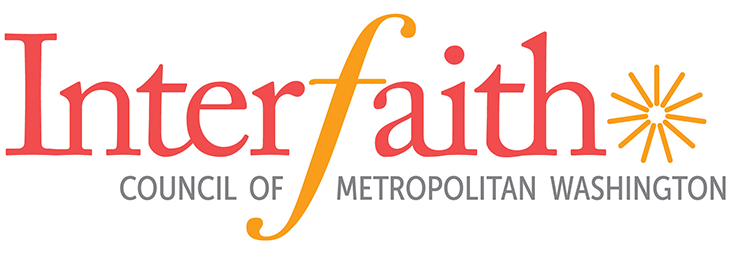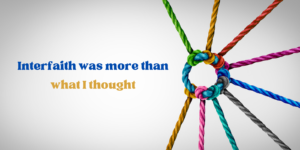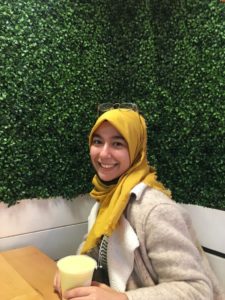Growth occurs most often when there is pain. I don’t think I would be mistaken by suggesting that every language and culture has a saying or phrase that reflects this reality. In English, it is said “No pain no gain”. A German saying goes “Ohne Fleiß, kein Preis”, which literally means, “without hard work, no prize”. Similarly, in Hungarian the phrase that is used is “Nincsen rózsa tövis nélkül” and in Turkish they say “Dikensiz gül olmaz” meaning “There is no rose without thorns”. My decision to be an active participant in interfaith dialogue was inspired by this maxim.
Having mentored youth for over six years, I found myself seeking new ports to sail to. This new exploration was a journey that led me to step up and step out of my comfort zone. In this search, I became part of the Rumi Forum team. Rumi Forum was founded in 1999 with the mission to foster interfaith dialogue and intercultural understanding.
What do you think of when you hear the word ‘interfaith’? My concept of what it would mean to work in an interfaith setting was a bit conventional. The initial picture I had of “interfaith” was of religious leaders exchanging their wisdom over a cup of coffee or around dinner tables, for sure in front of an audience. I imagined myself setting the tables, welcoming guests and making sure everyone was served their meals. Being busy like that behind the scenes always thrilled me.
Who would have thoughtthat the first interfaith event I attended would be a “Summit on Combatting Anti-Semitism” organized by the U.S. Department of Justice? In the grand hall where the event took place, I was the only woman with a hijab. Out of all the colors possible, I happened to be wearing red, as if to declare my presence in an audience wearing mostly dark colors. I was among mostly White people who were much older than I am. I felt that I stood out and that I was small – both at the same time. You see, I was still new to the U.S. and I was in the process of exploring what my presence meant in different contexts. In a room full of strongly opinionated and confident-looking people, I felt all the more insecure.
Looking back now, I believe I was projecting my own fears and biases. At the time, I was hyper aware of my existence. Instead of leaving the hall, which was my initial instinct, I took notice of my discomfort and asked myself the question of why I was reacting this way. Honest self-questioning can be hard, and maybe you can relate as well. It requires asking yourself ‘simple’ questions that can be uncomfortable to answer at times. Yet, this discomfort helped me to get at the truth, which was that the forcefulness of speech during the event felt threatening to me. My cultural context as a young woman born and raised in the eastern hemisphere played a part in it. I grew up in a “high-context” culture, which relies on body language, a person’s status, and tone of voice to communicate. Those elements are more important than the actual words that are spoken. In the context of the summit I was attending, I was perceiving through my “high-context” lens that the people around me were over-powering.
[In contrast, “low-context” cultures expect information to be exchanged explicitly through the message itself and rarely is anything implicit or hidden. Understanding whether you are in a “high” or “low” context setting will help you to adapt your communication style and how you process the information that is delivered to you, which in return will help you build stronger relationships.]
I soon realized that by choosing to become active in interfaith work, this kind of new experience would be inevitable. Specifically, I would learn more about myself through experiences of discomfort, self-examination and growth.
Now I see how narrow my understanding of interfaith work was in the beginning. Following the next two years, I became aware of the intersectionality of faith and different branches of science. I learned how religious belief and experience relates to civic life, culture, history, women’s rights, youth, psychology and health. The question of “How does my faith relate to every aspect of life? has come into sharp focus. I have come to realize that the more I am practiced and comfortable at making these connections, the more I will be prepared to sit at the table of interfaith dialogue.
Kubra Unver is a recent graduate from George Washington University where she received her Master of Arts in Education & Human Development in Counseling. Along with working in a private clinic as a National Certified Counselor, Kubra mentors middle and high school students in North America. Living abroad for over 25 years, Kubra is primarily interested in exploring cross-cultural differences in adolescents’ cognitive and behavioral development.
For the past four years, she has been actively involved in projects that advocate for human rights, accessible mental health services for immigrant children and families, and intra & interfaith understanding.


